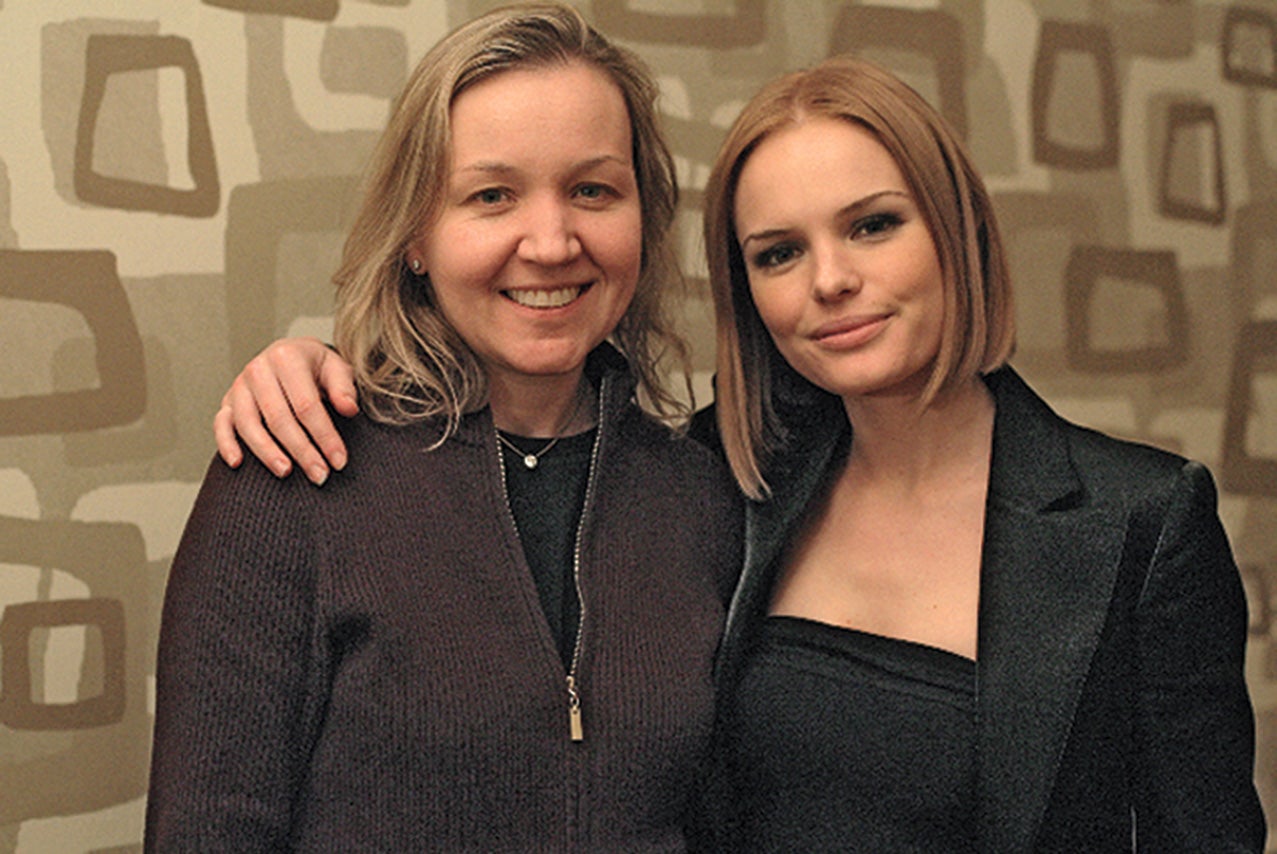When speaking to Jane Willis ’94, you can’t miss her lawyerly intensity. “Strike that,” she says midsentence, as though she were addressing a court reporter. But, although she is now a partner at Ropes & Gray in Boston, Willis credits much of her success as a litigator to a simple strategy she learned outside the law firm and the courtroom—at the blackjack table.
“Card counting involves making sure you have a significant bet at stake when the cards are in your advantage,” Willis explains. “Likewise, in litigation strategy, you want to maximize opportunities when you have the advantage.”
Willis should know. During college and law school, she played on the blackjack team composed of Harvard and MIT students that was recently portrayed in the movie “21.” Spending many of her weekends in Las Vegas, unbeknownst to even her closest friends, Willis and her teammates used mathematics and logic to bet against the house—and win.
Recruited by a high school friend to join the team, Willis was a “spotter,” keeping track of the deck’s count. Once the deck became “hot”—when there was a large proportion of high cards left in the deck—she would give a secret signal to a teammate, who would place a large bet while the cards were in the team’s favor.
“Card counting is not illegal,” Willis is quick to point out. “But, if the casino suspects you are counting cards, they will ask you to leave.”
Willis suspects that she helped the team escape detection. Casinos, she says, “don’t necessarily think that women are good at math.”
When Willis graduated from law school and joined Ropes & Gray, she decided to put her card-counting days behind her. But in 2002, when a book based loosely on her team’s exploits was published, she began telling her friends and family about the time she spent in Las Vegas.
And when the book was on its way to becoming a movie and the screenwriters contacted her, she was happy to relive part of her past and work with them on the script. Willis visited the set, and she admits being a bit “starstruck” after meeting her on-screen alter ego, Kate Bosworth—who, in turn, seemed a bit wowed by Willis and her math skills. Bosworth even urged the screenwriters to change the script when Willis pointed out a flaw in one of the explanations of a mathematical problem.
Even though the math in the movie is accurate, Willis says much of the drama is fictionalized. It is not common practice to be taken into the backroom of a casino and beaten by a security guard, she says. Nor were she and her team ever held at gunpoint.
Still, Willis says she identifies with the main character who joins the blackjack team to earn enough money for medical school and, after a wild ride, pursues a traditional career.
Today, it’s clear that Willis still enjoys an adrenaline rush. In representing high-profile clients such as the Red Sox, she says, a big part of what she loves about her job is thinking on her feet.
When asked if she ever regrets leaving the fast-paced, card-counting life behind, she quickly replies, “I can honestly tell you that my current career is just as fast-paced and exciting.” But in explaining why she continues to return to Las Vegas, her response leaves a little more room for reasonable doubt: “Boston and Las Vegas are two very different places.”
